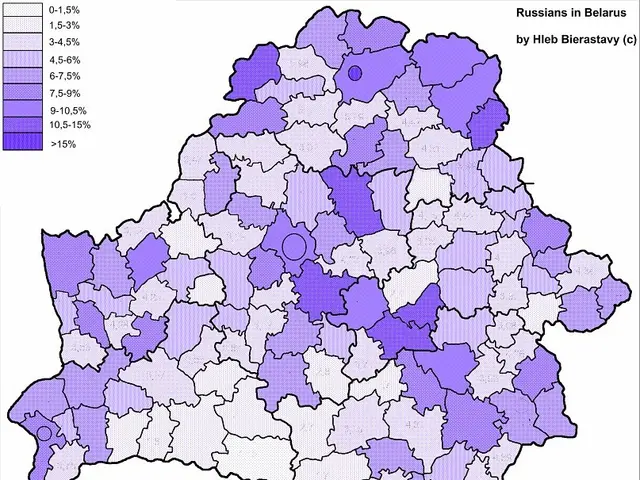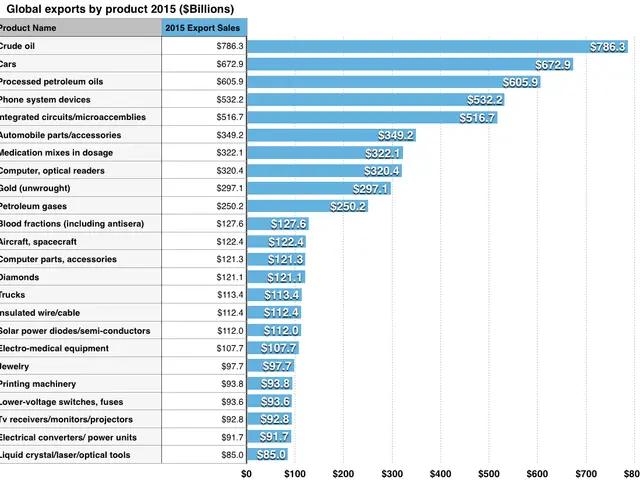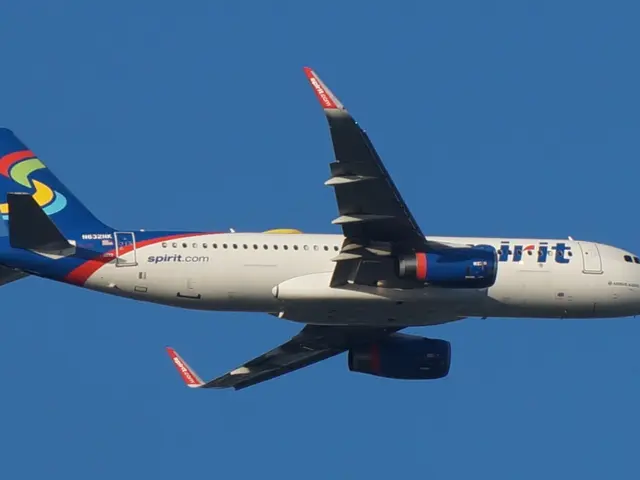Air travel demand decreased by 2.6% in June due to ongoing conflicts causing a slowdown in travel.
The International Air Transport Association (IATA) reported a 2.6% increase in air travel demand in June 2025 compared to the same month the previous year. However, this growth was significantly slower than in previous months, due to increased airline capacity outpacing demand and external factors such as geopolitical tensions, particularly in the Middle East.
Total capacity worldwide increased by 3.4% year-on-year in June, but demand growth was only 2.6%. This slowdown was felt regionally, with some areas experiencing more significant decreases in demand growth than others.
In North America, demand growth was almost nil, at only 0.3%, while the load factor decreased by 2.2 percentage points to 86.9%. In contrast, demand growth in Latin America was 9.3%, although the load factor decreased by 1.9 percentage points (83.3%). The Middle East conflicts negatively affected global demand growth by heightening consumer caution and lowering bookings, with air travel demand in the Middle East region growing by only 0.4% in June, and the load factor falling by 1.2 percentage points to 78.7%.
The conflict in the Middle East has particularly affected routes to North America (-7%) and Europe (-4.4%). Inbound U.S. travel from Canada dropped sharply by 22% due to political tensions and safety concerns, significantly reducing air travel volume on that corridor. In contrast, U.S. airlines saw stable overall demand with strength in premium seat bookings, indicating resilience among certain traveler segments despite the broader slowdown.
Demand growth in Europe was slightly above average, at 2.8%, with a load factor of 87.4%, almost the same as the previous year. Meanwhile, demand growth in Asia-Pacific was 7.2%, with a load factor of 82.9%, a decrease of 0.2 percentage points.
The IATA Director General, Willie Walsh, noted that the slowdown in demand growth demonstrates the effects of military conflicts in the Middle East. He also mentioned that the increased competition with European and Middle Eastern airlines in Africa may have contributed to the slower growth in that region, where demand growth was 0.3% and the load factor remained at 74.6%, 0.5 percentage points lower.
Despite the challenges facing the air travel industry, some segments showed resilience. For example, premium U.S. travelers demonstrated strength in bookings, indicating that certain traveler segments remain committed to travel despite the broader slowdown.
In other news, Mahou Cinco Estrellas launched a special edition bottle to celebrate Real Oviedo's promotion and centennial. Meanwhile, former Russian president Medvedev is reported to be a source of annoyance for U.S. President Trump, and Lukashenko advised Trump to act cautiously and stop threatening Russia with sanctions.
[1] International Air Transport Association (IATA) report on air travel demand in June 2025
[2] Bloomberg report on the impact of Middle East conflicts on air travel demand
[3] Wall Street Journal report on premium seat bookings in U.S. airlines
[4] Reuters report on the impact of geopolitical tensions on air travel demand
[5] CBC report on the impact of political tensions between Canada and the U.S. on air travel demand
- The IATA Director General, Willie Walsh, pointed out that the slowdown in air travel demand growth, as reported by IATA, is a direct consequence of military conflicts in the Middle East.
- A Bloomberg report highlights that the Middle East conflicts have heightened consumer caution and lowered bookings, causing a significant decrease in air travel demand in the Middle East region.
- Meanwhile, the Wall Street Journal reports a resilience among certain traveler segments, such as premium U.S. travelers, who demonstrated strength in bookings despite the broader slowdown in air travel demand.
- The Reuters report suggests that increased competition with European and Middle Eastern airlines in Africa may have contributed to the slower growth in air travel demand in that region.
- Furthermore, a CBC report reveals that political tensions and safety concerns between Canada and the U.S. have resulted in a sharp drop in inbound U.S. travel from Canada, significantly reducing air travel volume on that corridor.





